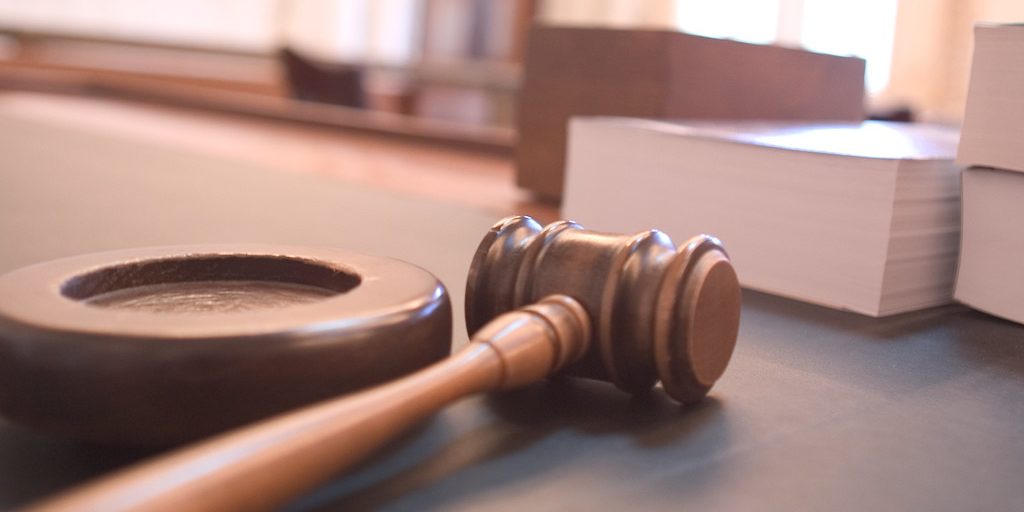Financial disagreements happen all the time but are some of the hardest to work out.
When an agreement can’t be reached through negotiation alone, small claims court is available to settle these money disputes if the sums involved fall within a certain range.
What is small claims court?
Small claims court resolves disputes over small sums of money quickly and inexpensively usually without the direct help of lawyers.
The rules are relatively simple and the process is far less formal than a traditional criminal court case. Any individual or corporation has the ability to sue or be sued in small claims court, so it’s important for everyone to have a basic understanding of how it works.
If you or someone you know is currently experiencing a financial dispute that most likely won’t be easily resolved, we’ve laid out four common problems that make their way to small claims court to help you decide if a small claims suit is appropriate.
Keep in mind these are not the only problems dealt with there. Since no two situations are ever exactly the same, it’s best to consult with an experienced Wisconsin small claims attorney to help you decide whether or not small claims court is the best next step.
With that in mind, let’s quickly describe the qualifications for a small claims case and some common examples.
How much money is involved?
Each state’s laws vary when it comes to the amounts of money involved. Here in Wisconsin, amounts depend on the kind of case it is.
With that in mind, here are the five kinds of cases that you’ll typically see in small claims court in Wisconsin:
1. Lawsuits
These include breach of contract, property damage or personal injury when the amount claimed is $10,000 or less.
2. Evictions
Regardless of the amount of rent claimed, all eviction actions can be dealt with in small claims court.
3. Replevins
Replevins are repossessions of property rather than money. These qualify if the value of the property does not exceed $10,000 or if the property is consumer goods leased or purchased on credit from a dealer.
4. Wage garnishments
When the amount owed is $10,000 or less.
5. Property taxes
These include suits by municipalities to recover delinquent personal property taxes.
4 common examples of small claims cases in Wisconsin
1. Failure to repay a loan
The failure to repay a loan would qualify as you loaning money to someone, with them failing to give you the money as requested. If the amount falls within the monetary limit, you may take them to small claims court.
2. Improper vehicle or appliance repair
These small claims happen in instances of a repayment requested after an unsatisfactory job fixing a property. This can also fall in the same category as the repairing or property due another’s fault, with the owner of the property (you) seeking payment for the damages.
3. Returning security deposits
This takes place when a landlord fails to repay security deposit once you’ve left the property.
4. Personal injury
Instances of personal injury whereas the person injured is requesting a sum from the person/service in which caused the accident.
If you’re interested in pursuing a small claims case in Wisconsin, The Fitzgerald Law Firm will forcefully and ethically represent you and your interests. Even though the Small Claims Court is somewhat relaxed and procedurally lenient, The Fitzgerald Law Firm will ensure you receive the representation you deserve and treat you with the respect and dignity to which all our clients are entitled.
At The Fitzgerald Law Firm your initial consultation is always free and you will always meet directly with one of our attorneys. We understand that appointments during traditional working hours may not be convenient for all, and thus we strive to be available for evening, weekend, and off-site appointments. To schedule your FREE 15-minute attorney consultation, Contact Us now.






